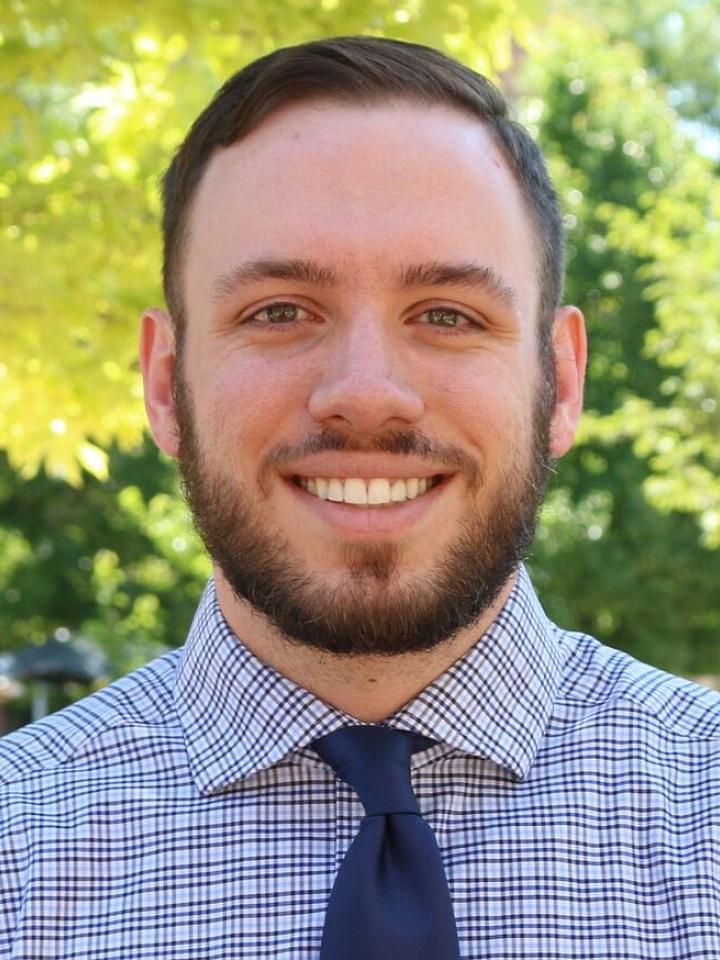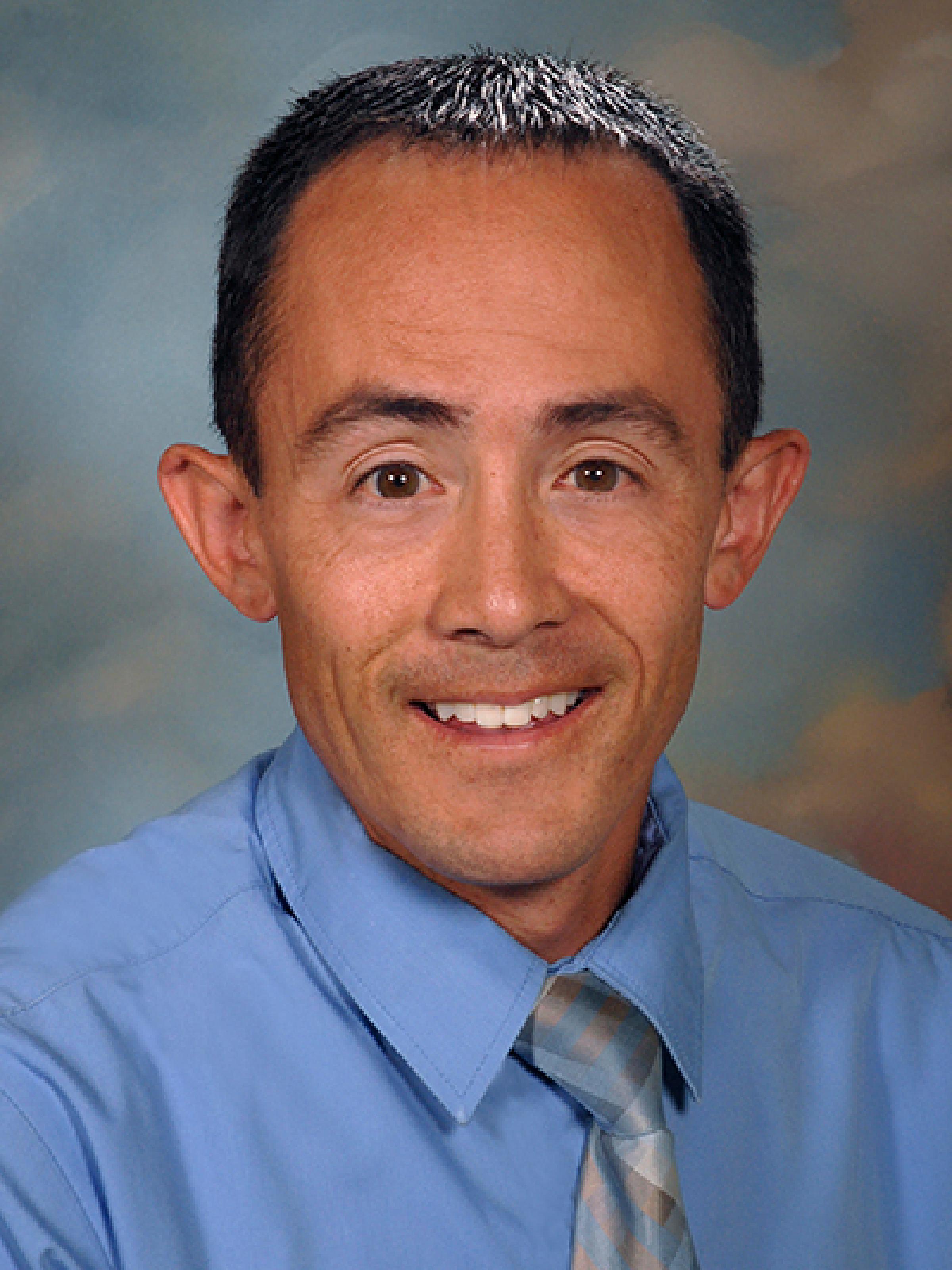
About this PGY2 Pharmacy Residency Program

Purpose
PGY2 pharmacy residency programs are built on Doctor of Pharmacy (Pharm.D.) education and PGY1 pharmacy residency programs to contribute to the development of clinical pharmacists in specialized areas of practice. PGY2 residencies provide residents with opportunities to function independently as practitioners by conceptualizing and integrating accumulated experience and knowledge and incorporating both into the provision of patient care or other advanced practice settings. Residents who successfully complete an accredited PGY2 pharmacy residency are prepared for advanced patient care, academic, or other specialized positions, along with board certification.
Program & Site Description
University of Utah Health is the only academic medical center in the intermountain west with 5 hospitals, 17 community pharmacies supporting 12 community health centers. The University of Utah Hospital is a level I trauma center that serves critical and acute care patients with ~800 total beds, including the Huntsman Cancer Institute (HCI) and is a referral hospital for a 5-state region. There are over 400 pharmacist staff within the department who serve the patients of University Hospital and HCI. Clinics at the hospital and surrounding communities serve patients with pharmacy care both through retail pharmacies, MTM services, thrombosis services, and clinic-based services. The University Health Care system also includes Drug Information and Investigational Drug Services.
On the internal medicine service, there are 5 traditional medicine teaching teams and 8 non-rounding teams that are comprised of an attending and/or advanced practice clinician(s), including physician assistants (PA), nurse practitioners, and PA fellows. The resident will be an integral member of interdisciplinary internal medicine teams that include physicians and advanced practice clinicians along with a new family medicine team as of December 2023.
Rotation Experiences

Required experiences 2 general internal medicine rotations, 2 faculty internal medicine rotations with focus on precepting fourth year pharmacy students or one PGY-1 resident, 1 inpatient pulmonary internal medicine rotation, and 1 ambulatory care clinic rotation. Current ambulatory care clinic options include internal medicine or cystic fibrosis (CF) continuous care rotation supporting inpatient and outpatient pharmacy services. Drug information rotation will be required if the resident did not complete a rotation in this area during PGY-1 year, either at University of Utah or other institutions. Three or four selective rotations, depending on previous drug information experience, will be completed throughout the year. Selective experiences may include, but are not limited to, cardiology, neurology, infectious disease, medical intensive care, and emergency medicine. The resident will be allotted 20 project days to be used throughout the residency year (average of 2 days per rotation) based on resident, preceptor, and RPD discussion.
Teaching & Precepting Opportunities
The resident will prepare and deliver a 1-hour ACPE-accredited continuing education program with the Utah Society of Health-System Pharmacists, 2 formal lectures at University of Utah College of Pharmacy, and a 1-hour continuing medical education session for PA fellows. At least two Critical Skills Implementation (CSI) sessions will be facilitated each semester, totaling four per year. Alternatively, the resident can opt to create and facilitate one CSI session in lieu of conducting all four. The resident will precept a minimum of 2 learners throughout the year, including midpoint and summative evaluation. Learners can include IPPE students, APPE students, and PGY1 residents. There will also be opportunities for resident mentoring, multidisciplinary in-services, pharmacology lectures for Master's in Athletic Training students, pharmacotherapy lectures for family medicine interns, journal clubs, and participation in an optional teaching certificate program if not completed during PGY1.
Qualifications
Candidates must graduate from an ACPE-accredited pharmacy program with a Doctor of Pharmacy degree (or equivalent combination of education and clinical experience). GPA is not evaluated as part of the application process; however, grades for pharmacotherapy courses, including pass/fail pharmacy programs, are taken into consideration. Residents must have completed an accredited PGY1 pharmacy residency program. Applicants must be eligible for Utah licensure and are expected to obtain licensure as a pharmacist in Utah within 90 days of PGY2 residency start date. The University of Utah Pharmacy residency programs do not sponsor visas.
Recruitment and Selection
The following information must be submitted by the date specified on the residency application for the applicant to be considered for an onsite interview:
- Completed PhORCAS registration
- Curriculum vitae, including previous work/rotation experience, research/scholarly activities, leadership positions held (appointed, required, or volunteered), and community service
- Letter of intent, including clinical interests, career goal(s), and a patient experience illustrating motivation to pursue a PGY2 Internal Medicine Pharmacy residency.
- College of pharmacy transcripts
- Three recommendations using the PhORCAS standard form
All residency programs at University of Utah Health use the Pharmacy Online Residency Centralized Application Service (PhORCAS). No paper applications will be accepted. Completed applications in PhORCAS are reviewed, and competitive applicants are invited to attend an in-person interview in February. The program participates in the ASHP Resident Matching Program.

Program Director
Christian Gabriel, PharmD, BCPS
Christian.gabriel@hsc.utah.edu
Bio
Originally from Glendale, Arizona, I earned my PharmD from the University of Colorado Skaggs School of Pharmacy and completed my PGY1 at the University of Colorado Hospital, followed by a PGY2 in Internal Medicine at the University of Utah Hospital. I’m passionate about helping our residents become the best version of themselves through self-reflection and structured autonomy.
Outside of work you might find me camping at one of Utah’s awesome national parks, relaxing at a nearby coffee shop/brewery, or laughing at a stand-up comedy show.

Academic Liaison
David Young, PharmD
Professor of Pharmacotherapy (Clinical)
University of Utah College of Pharmacy
L.S. Skaggs Pharmacy Institute
30 South 2000 East Rm 4916
Salt Lake City, UT 84112
Office: 801-581-8510
David.Young@hsc.utah.edu
Bio
Dr. Young received his Doctor of Pharmacy degree from Idaho State University in 1995 and completed a Specialty Residency in Primary Care at the Family Practice Residency of Idaho and Idaho State University in 1996. He is a Professor of Pharmacotherapy (Clinical) at the University of Utah College of Pharmacy where he teaches Doctor of Pharmacy students and is a clinical pharmacist at the University of Utah Adult Cystic Fibrosis and Asthma Centers where he precepts APPE students. Dr. Young is a member of the Cystic Fibrosis Foundation (CFF) Clinical Research Committee (CRC) and is the director of the Cystic Fibrosis Foundation Implementation of Outpatient Pharmacy Services and co-director of the CFF Pharmacist Mentorship Programs. Dr. Young is a Core Educator and Pharmacology Domain Expert at University of Utah School of Medicine where he teaches pharmacology to Doctor of Medicine students. Additionally, he is an Adjunct Instructor of Physical Therapy & Athletic Training in University of Utah College of Health where he teaches pharmacology to Master of Athletic Training Students.
He is a member of the UPhA Board of Directors, UPhA and USHP Advocacy Committees. He is the co-chair of the USHP Advocacy Committee. Dr. Young is a member of the Division of Occupational & Professional Licensing Utah Physician and Surgeon Licensing Board.
Outside of work, Dr. Young enjoys any activity that involves being outdoors.